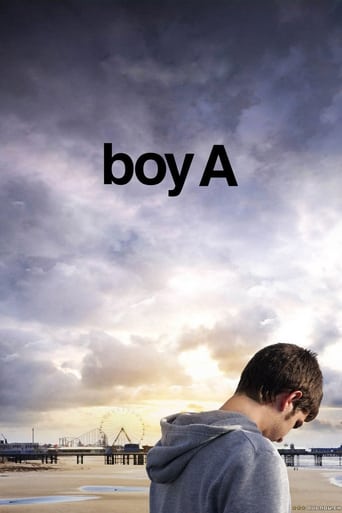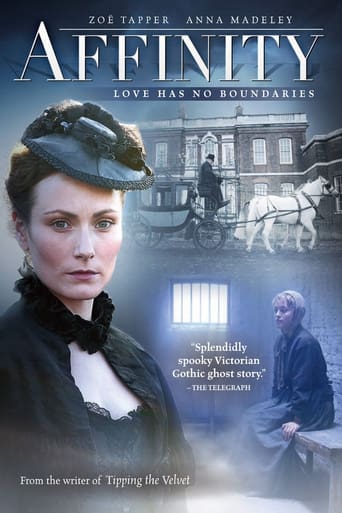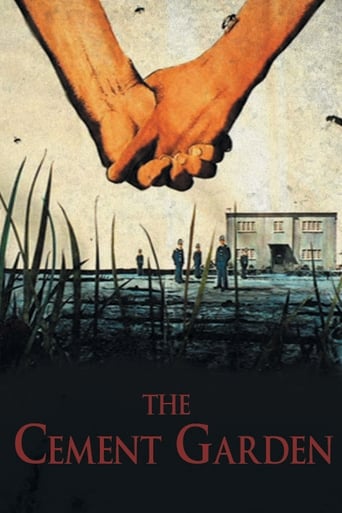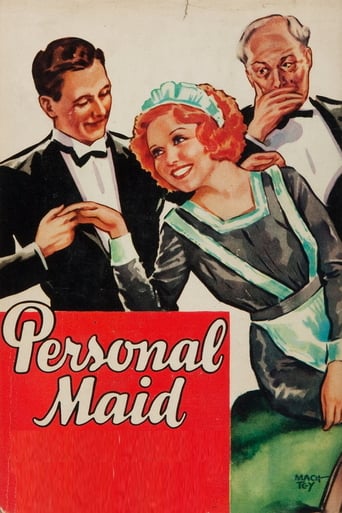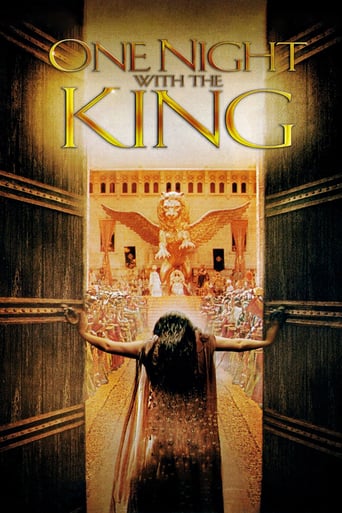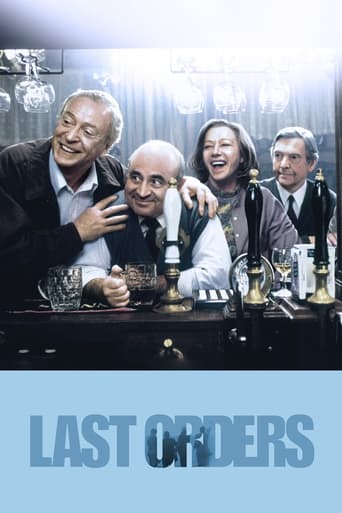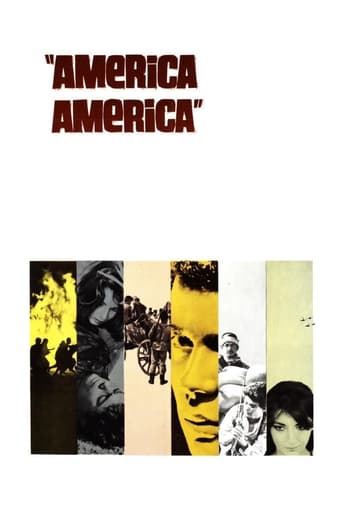
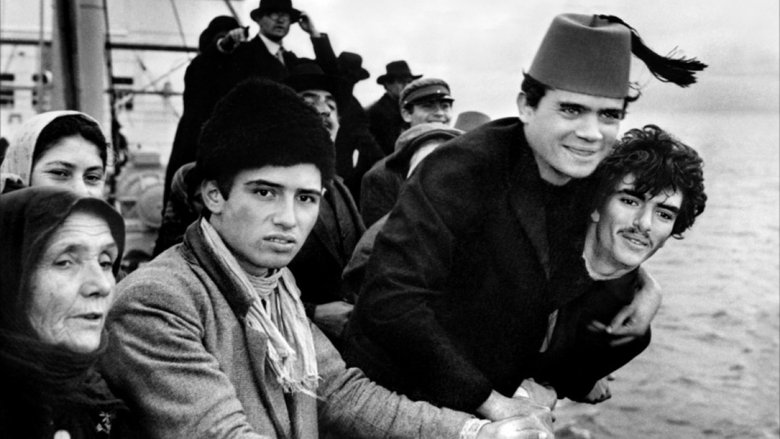
America America (1963)
A young Anatolian Greek, entrusted with his family's fortune, loses it en route to Istanbul and dreams of going to America.
Watch Trailer
Cast


Similar titles
Reviews
Absolutely Fantastic
Although I seem to have had higher expectations than I thought, the movie is super entertaining.
I enjoyed watching this film and would recommend other to give it a try , (as I am) but this movie, although enjoyable to watch due to the better than average acting fails to add anything new to its storyline that is all too familiar to these types of movies.
A great movie, one of the best of this year. There was a bit of confusion at one point in the plot, but nothing serious.
I first saw this film shortly after it came out when I was a young man, subject to all the passions and sensibilities of young men, an emotional slate on which it was still possible to write with bold strokes. And surely that accounted, to some degree, for the acutely emotional experience this film represented for me. It haunted me for days after I left the theater, and to some degree, has haunted me ever since, continuing to find a kind of timeless relevance in today's world. Very simply it is the story of a young man and his struggle to reach America. It is based on a true story, of the journey undertaken by director Elia Kazan's uncle, and it is played to perfection by a stellar cast, none of whom gives a more mesmerizing performance than young Stathis Giallelis, as Stavros. Because of its splendid, soul stirring music score, its location photography, and its flawless direction, I think it is perhaps the most nearly perfect film I have ever seen, and a deeply moving experience. I cannot recommend it highly enough. Forced to choose a favorite director, it would most likely be Kazan, and this is his masterpiece.
While I am not sure I'd consider this to be Elia Kazan's best film, it certainly ranks up there with his best--which is saying a lot considering he's the same guy who brought us "On The Waterfront", "A Streetcar Named Desire" and "Rebel Without a Cause". As for Kazan himself, this was his favorite film as it's the story of his uncle--a man who busted his butt to get himself to America around the turn of the century.When the movie begins, Kazan himself narrates and explains that the story is about the man who is responsible for him and his family immigrating to the US. His story begins in Turkey. It's around the time in history when the Turks were about to wipe out most of the Armenians--and things for other minorities in their land (in this case, the Greeks) weren't very good either. So, a family decides to send their oldest son, Stavros (Stathis Giallelis), to Constantiople to earn his fortune--and to be able to afford to eventually bring them all to America...and freedom. Stavros is a very, very determined man...but also quite naive. Again and again, he's used by people and left with nothing. But, he's an amazingly resilient guy and soon he's willing to do just about anything to make the money he needs to take the ship to America.While the story is rather simple, it's handled exquisitely. You can really tell that it's a labor of love, as the story unfolds very slowly and patiently. This is NOT a complaint-just a statement about the writer/director's style in the movie. It's really great what he was able to achieve with mostly inexperienced actors and non-actors. Perhaps Giallelis' performance is a bit too quiet and even stilted...but it is hard to imagine that he wasn't even an actor! Overall, it's a beautiful tale--and one of the most American of movies because it tells a story of immigration that most of us in the US can relate to. Even though my family was not Greek, so much of the rest of the film is pretty typical of what other poor families like my own probably went through on their way to a new land. Well worth seeing and a nice history lesson.
Director Kazan tells the story of his uncle (named Stavros in the film) who grew up in Turkey and emigrated to the United States as a young man. Stravos was Greek and, in the late 1800s when the movie takes place, Greeks were an oppressed minority in Turkey, along with the Armenians. The movie does a good job of showing how incensed Stavros is to see his father's obsequious behavior toward the Turks, and he suffers humiliation in an early scene where the Turks take what they want from an ice cart without any recompense. Stavros's yearning to escape this oppression is well motivated and his feelings are no secret within the family. Seeing his outrage, the family gives Stavros everything they can spare so that he can get to Constantinople to work with his uncle, a rug seller. From there we follow Stavros through some difficult adventures as he pursues his monomaniacal quest to get to America. When someone says, "I would kill to do such and such," it is usually spoken metaphorically, but it becomes a reality for Stavros. The stories of Kazan's real life uncle came down to him as family history. As any tale handed down through several tellers this story gives evidence of embellishments. Whether these came down to Kazan as presented in the movie, or whether he added his own we don't know, but consider the chance meeting on a trail in the countryside between Stavros and Hohannes, an impoverished compatriot who also is bent on getting to America. Stavros gives Hohannes his shoes and this established a bond between the two. Then years later it turns out that Stavros and Hohannes are on the same boat to America and, through a complicated plot point, Hohannes gives his life so that Stavros can make it. Seems to stretch believability. And I have to think that the scene where Stavros is taken for dead and happens to fall off the burial cart is overplayed.The black and white photography by Haskell Wexler is impressive. Black and white is appropriate for the stark nature of this movie; there are hardly even any shades of gray in Stavros's personality. Even as much a fan of black and white as I am, I was left wondering how filming this in color would change the the tone of the movie.While the forces driving Stavros to his destiny were clear, in his portrayal of the man I felt that Stathis Giallelis did not emote the strength of character that Stavros must have had in order to accomplish what he did. Think of a young Anthony Quinn in this role. The last part of the movie is quite emotional. The scenes at Ellis Island are so realistic that I assume many of them come from documentary footage. Poignant to see how the ancestors of many of us born in this country came to be here.The score by Manos Hadjidakis is memorable.
This is a great movie narrating the life journey of individuals who start their way from their original homeland escaping Turkish massacres and ethnic cleansing to New York, the place of the "poor and the tired" ...everything is great...scenes, narration, events, acting.This is a sensitive movie, with a good and impressive ending that tells a lot. In summary, it is the history of America of Immigrants, the shelter of persecuted from the viewpoint of victims of Turkish massacres in the beginning of the 20th century. Based on its content, I can say that it is the life history of all immigrants in USA.A good movie...worth 8/10!





